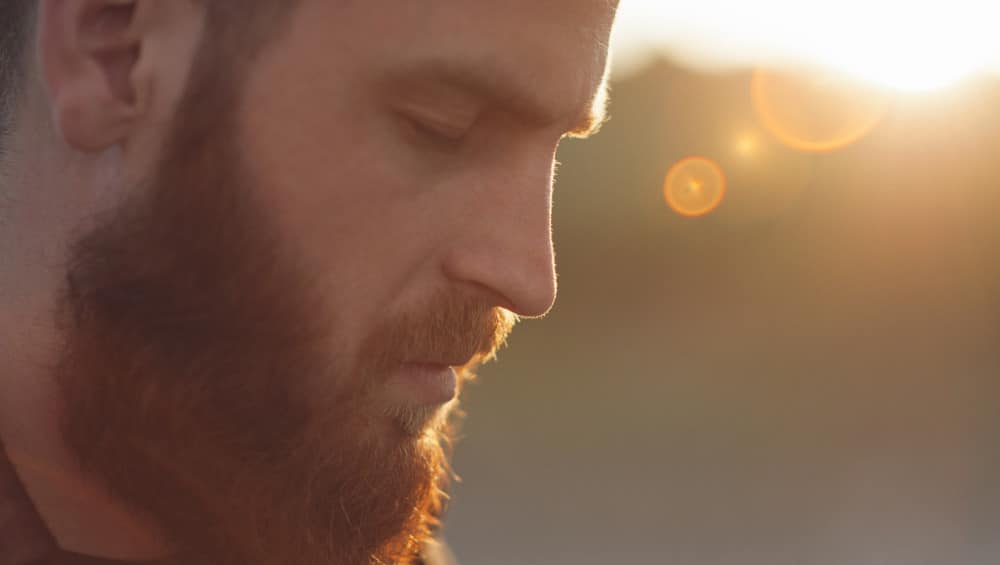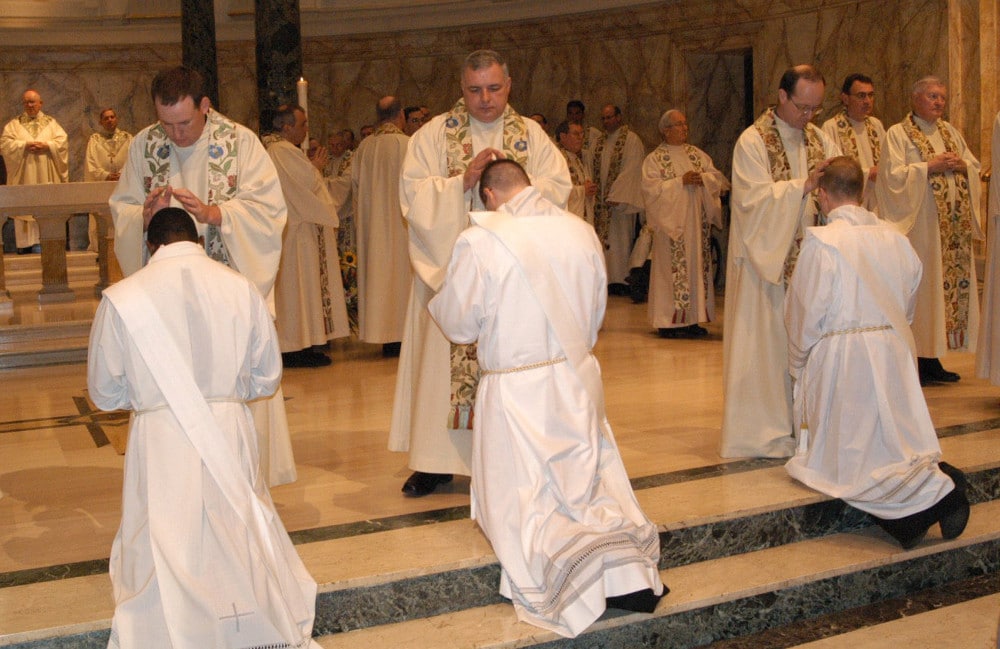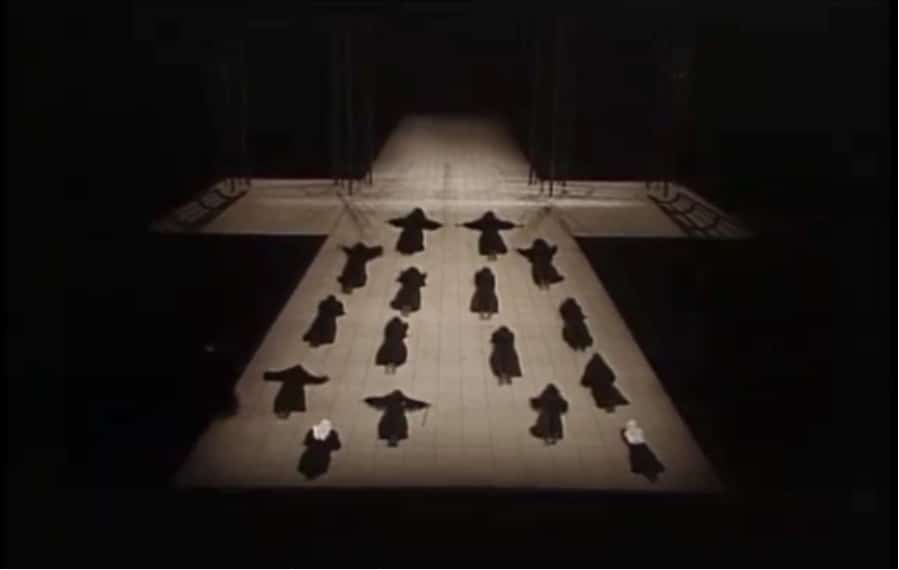 Picture this: I suffer from a little-known, and relatively rare, condition called aphantasia — literally, the inability to conjure up mental images. When someone says, “Close your eyes, and picture yourself on a tropical beach,” all I see is blackness.
Picture this: I suffer from a little-known, and relatively rare, condition called aphantasia — literally, the inability to conjure up mental images. When someone says, “Close your eyes, and picture yourself on a tropical beach,” all I see is blackness.
I was in my late 40s before I realized that everyone didn’t share my experience. All of my life I had assumed that all discussion of mental images was metaphorical — that when they closed their eyes, everyone else saw blackness, too. When someone said, “Picture this,” I thought that we all engaged in an abstract mental process that we metaphorically compared with visual perception.
Going down a rabbit hole on the internet one day, I ran across an article on the BBC’s website on aphantasia and realized, with a sudden shock, that other people could indeed literally see pictures of things that weren’t in front of them. Until that moment, I had never realized that I had missed out on something shared by virtually everyone. To the extent that I “suffer from” aphantasia, the burden began that day, and not a moment before.
Recognizing my condition, however, has also been a blessing, because it has helped me to understand that we all have experiences that we take for granted, experiences that we assume are shared by everyone. Those experiences form the way in which we look at the world — which means, conversely, that people who do not share those experiences see the world in a different light.
We read in the Gospels, and perhaps even more so in the Acts of the Apostles and the epistles, of how the experience of coming to know Jesus Christ changed the way that his disciples saw the world. In knowing him, they knew the Father. In knowing the Father, they understood his creation in a very different light. Through their words and their deeds, they consciously and constantly shared the reality of that experience with others. And thus the world came to know Christ, and was transformed.
Two thousand years later, those of us who were raised as Christians inside a culture that was, until recently, at least still nominally Christian all too often take those experiences for granted. The flipside of my sudden shock at realizing that most people could conjure up mental images was the even greater shock experienced by others when I told them I could not. The experience of picturing something that isn’t right here, in front of their eyes, is so common, so frequent, that it has never occurred to them that there are people like me.
When we speak to non-Christians, or even to the nominally Christian, of experiencing the love of Christ, or recognizing his presence in the Blessed Sacrament, or of conversing with God in prayer, it is all too easy for them to assume that our experiences are metaphorical, just as I assumed for most of my life that “mental images” were just a metaphor. And as long as they assume that we are speaking metaphorically, they may never have that breakthrough, that sudden shock, that epiphany that allows them to understand that we truly mean what we say. Knock, we tell them, and the door of grace will be opened unto you. But if they think that the door is merely a metaphor, then so, too, is the knocking.
Jesus Christ is not a metaphor, and neither is our relationship with him, our experience of his grace at work in our souls, our recognition of him as truly present in the Eucharist. But those who have never experienced these realities, just as I have never experienced creating a picture in my mind, hear our words as metaphors. To fulfill the Great Commission, to make of all disciples, we need to bring those experiences to them, to heal those blinded by metaphor, that they may see the true light.
Scott P. Richert is publisher for OSV.







